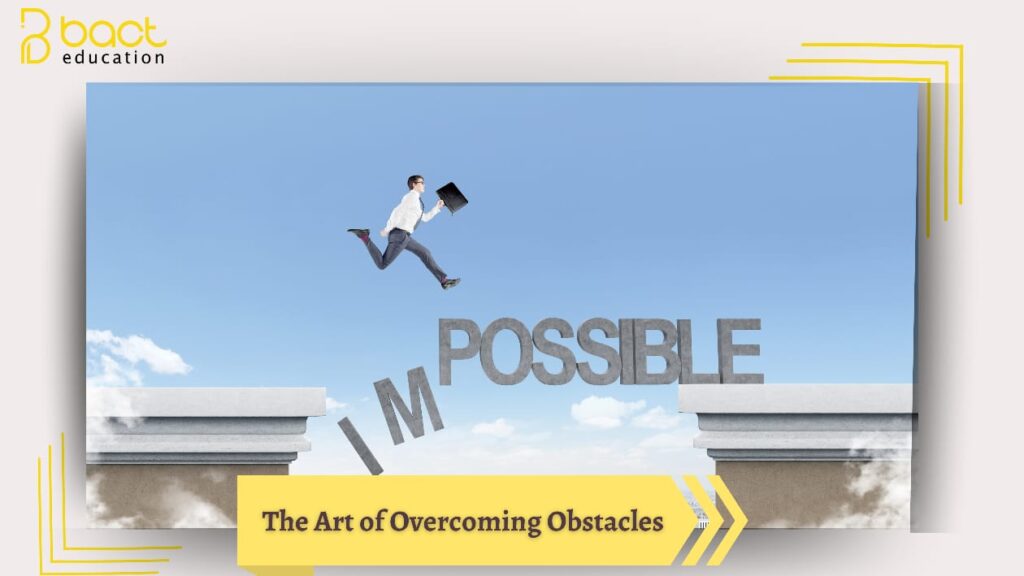Effective Strategies to Navigate Challenges and Turn Them into Opportunities**
Introduction:
Life is an unpredictable journey, filled with twists and challenges that can sometimes seem like insurmountable mountains. However, these obstacles are not dead-ends but essential stations on the path of personal and professional growth. Facing and overcoming difficulties is not an innate skill but an art that can be learned and mastered by adopting a positive mindset and practical strategies.
**First: Understanding the Nature of the Obstacle and Accepting It**
The first and most crucial step in facing any obstacle is to acknowledge its existence and accept it without denial or escape. Fighting reality or feeling intense frustration drains energy and delays solutions. Instead, ask yourself: What is the nature of this problem? What are its roots? Writing down the details can help materialize the problem and analyze it more clearly, turning it from an overwhelming feeling of anxiety into a set of manageable facts.
**Second: Breaking the Obstacle into Smaller Parts**
One of the biggest causes of feeling overwhelmed is viewing the obstacle as one massive block. The strategy of “chunking the problem” is key to gaining control. Think about the ultimate goal and then break it down into small, actionable, and clear steps. Completing each small step will give you a boost of confidence and momentum to continue progressing and will reduce feelings of stress.
**Third: Developing a Growth Mindset**
How you view an obstacle often determines the outcome of your confrontation with it. Adopting a “growth mindset” – the belief that abilities can be developed through effort and learning – changes the game. Instead of saying, “I am a failure,” say, “This method didn’t work; I will try another one.” See failure not as an end but as a valuable lesson that provides you with essential information for success in the next attempt.
**Fourth: Seeking Support and Asking for Help**
You don’t have to face challenges alone. Turning to your support network – whether it’s family, friends, mentors, or even professional help – is a sign of strength, not weakness. Sharing your problem with others can provide a new perspective or solutions you hadn’t considered. Simply talking about the challenge can also lighten the psychological burden.
**Fifth: Focusing on Solutions, Not the Problem**
It’s very easy to get caught in a spiral of “Why did this happen to me?” While understanding the causes of a problem is important, staying in this phase hinders progress. Shift your focus forward and ask, “What can I do now?” Start generating as many solutions as possible, even those that seem impractical. Then evaluate them and choose the most suitable one to start implementing.
**Sixth: Taking Care of Mental and Physical Health**
Times of stress are exactly when you need to take care of yourself the most. Stress, lack of sleep, and poor nutrition weaken your ability to think clearly and make sound decisions. Ensure you get enough rest, exercise, eat healthy food, and practice relaxation techniques like meditation or deep breathing. A sound mind in a sound body.
Conclusion:
Obstacles are an inevitable part of life’s journey, but they are not permanent barriers. By accepting the challenge, breaking it down, adopting a positive mindset, seeking support, focusing on solutions, and practicing self-care, you can not only overcome these obstacles but emerge from them stronger, wiser, and more resilient. Remember, a diamond is formed only under pressure.

